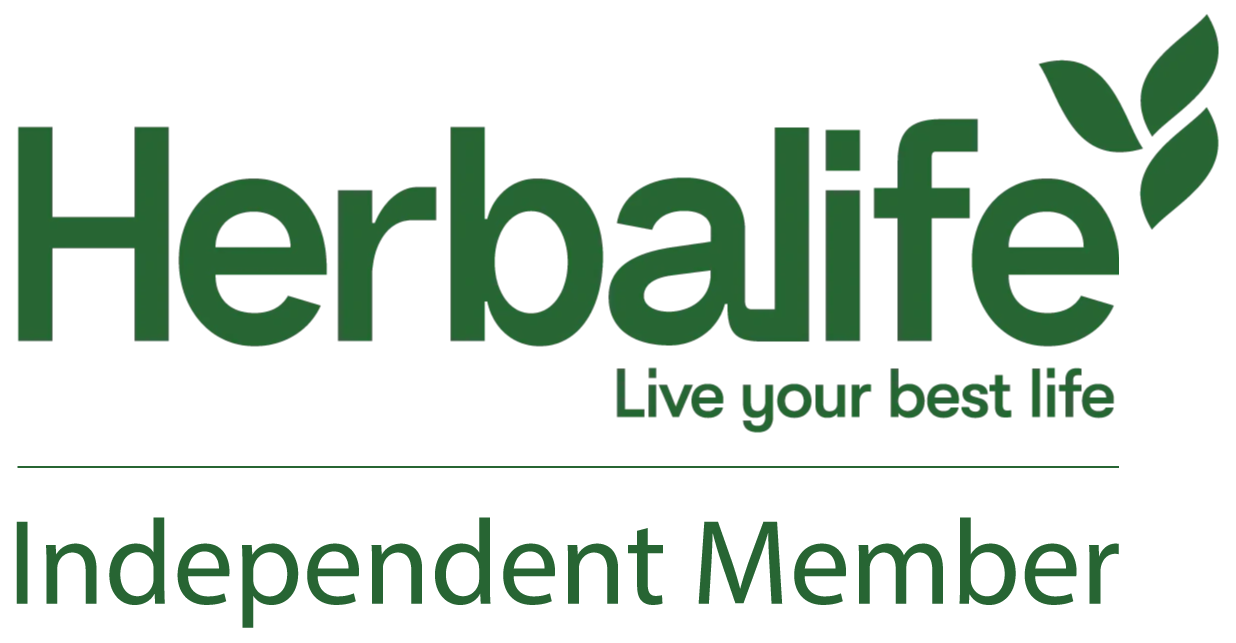If you’re pregnant (congratulations!) then amongst all the other things you’re thinking about – your changing body shape, baby names, how to stay healthy and giving birth – you’re probably also thinking about what you should and shouldn’t be eating. In our mother’s and grandmother’s years, the advice was all very different and a “little bit of what you fancy does you good” was the mantra.
Now, it can be a minefield of what to do and what not to do, and well-meaning (or not so well-meaning) people always giving their opinion whether you ask for it or not don’t really help.
So here I’m going to talk about all the yummy, healthy foods you should be looking out for during your pregnancy, and the few that you should avoid. (All of my advice comes from respected NHS sources.)
Eating a healthy diet during pregnancy
When you’re pregnant, there might be certain foods that you just cannot stomach, and these might change as your pregnancy progresses. So it’s important to listen to your body, and as much as tomatoes might be healthy, if you can’t stand the thought of them right now, don’t.
Make the most of all the healthy foods that you do enjoy. It’s important to eat a healthy balanced diet all the time, and when you’re pregnant this is no different, although there’s also no need to follow a special ‘pregnancy diet’ or believe that you’re ‘eating for two’.
Plenty of fruit and vegetables will help provide both you and your baby with all the vitamins and minerals you need. The fibre in fruits and vegetables will also help to prevent constipation which can be common in pregnancy.
Carbohydrates such as wholemeal pasta and bread and brown rice provide energy (as well as fibre and the energising B vitamins) which you’ll need to help you through each day as you progress through each trimester.
Healthy protein sources such as lean meat, chicken, eggs, nuts, beans and chickpeas will also help to power you through your day and help you avoid reaching for the sugary snacks.
Fat wise, aim for the good fats by eating small amounts of hummus, avocados, walnuts and oily fish such as salmon (but limit oily fish to two portions a week).
Foods to avoid during pregnancy
To be on the safe side, here’s some foods that you should avoid during your pregnancy:
- Soft blue cheeses such as gorgonzola and Roquefort, and soft cheese with white rinds such as brie and camembert that aren’t cooked, due a risk of listeria food poisoning
- Dishes containing raw or partially cooked eggs as they carry a salmonella risk
- Meat and vegetable based pâtés, again for their listeria risk
- Raw or undercooked meats of all kinds due to a risk of food poisoning and parasites
- Cold cured meats such as salami, chorizo and pepperoni due to the risk of parasites
- Liver as it’s high in vitamin A that can harm your unborn baby
- Game meat that’s been killed with lead pellets, as it may contain high levels of lead
- Shark, swordfish and marlin should be avoided completely, and tuna should be limited, all due to the risk of high levels of mercury
- All raw fish such as sushi and raw shellfish such as uncooked prawns due to a food poisoning risk
- Unpasteurised milk and milk products as they could cause food poisoning
All the best!




